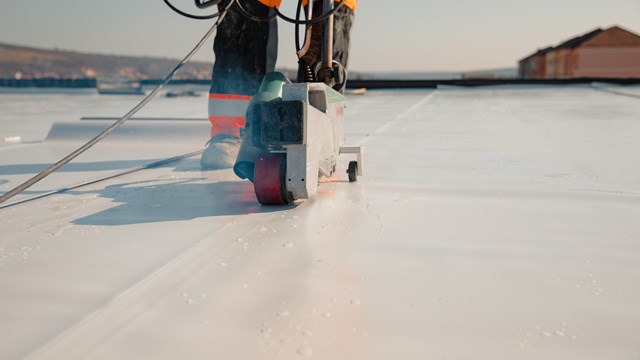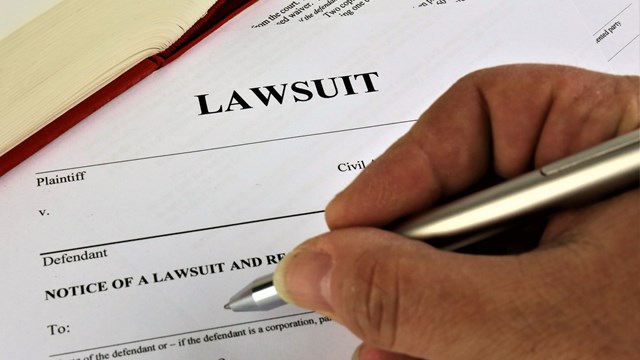
Q. I am a shareholder of a co-op apartment building. I have a mold problem which stems from water damage coming through the outside bricks. I had a mold assessment company take air and material samples. It was determined that there is extensive mold growth and damage. I assume the management company is responsible for any and all cleaning and repairs to my unit, is that correct?
—Molden Times
A. “Compared to the number of condominiums, there are very few Illinois residential buildings organized as cooperatives,” says Barry Kreisler, principal founder of Kreisler Law in Chicago. “Ownership in a cooperative building consists of ownership of either shares of stock in a corporation or a percentage share in the beneficial interest of an Illinois land trust which then owns the entire land and building, coupled with a proprietary lease which gives the co-op owner the right to occupy his or her unit. While the Illinois Condominium Property Act (ICPA) provides a statutory framework for the relationship between a condominium unit owner and the condominium association and actually mandates the basic requirements for each condominium declaration and bylaws, there is no similar statute governing the rights and obligations of a co-op owner and the governing body of the co-op. Instead, the co-op owner's proprietary lease, together with the Articles of Incorporation and bylaws of the title holding corporation or the trust agreement of the title holding trust define the rights and obligations of the owner of the cooperative apartment and the governing body of the co-op.
“Generally, the governing documents of a cooperative provide that the title holding entity provides the maintenance of the exterior shell of the building, including the outside bricks, and in the event of lack of or improper maintenance of the shell, damage is caused to the interior of a co-op apartment, the title holding entity is responsible for repair of the damage. This should cover your situation. However, you or an attorney on your behalf should review the governing documents of your co-op to confirm that this is the case in your own situation. It appears that the governing body of your co-op has hired a professional management company; so you are correct that your first contact with regard to repair of the damage in your apartment should be to the management company.”









Leave a Comment